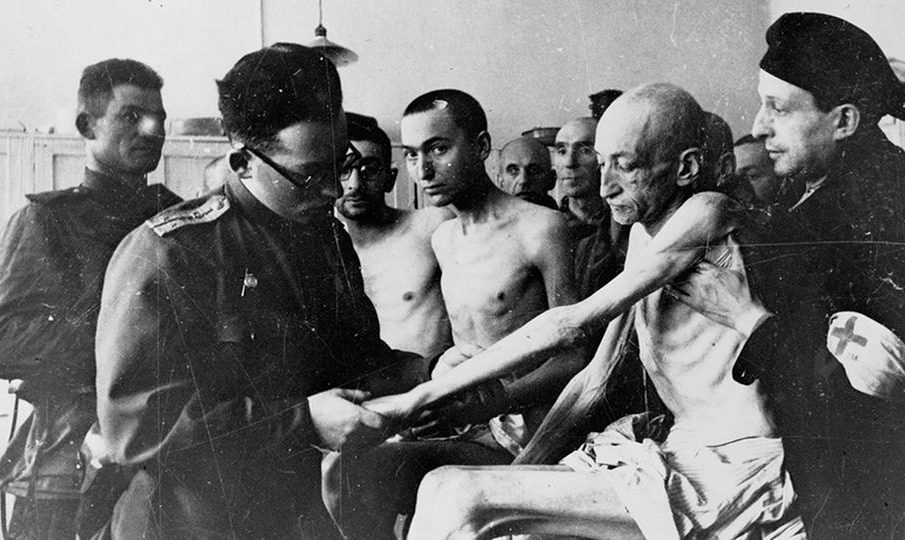An Overview of the Holocaust: History and Impact

Introduction
The Holocaust remains one of the most significant and harrowing events in modern history, representing a period during which six million Jews, along with millions of others deemed undesirable by the Nazi regime, were systematically murdered. Understanding the Holocaust is crucial not only for remembering the victims but also for recognizing the consequences of hatred, discrimination, and intolerance in society. With rising anti-Semitism and extremist ideologies worldwide, it is pertinent to reflect on the lessons learned from this dark chapter of history.
The Events of the Holocaust
The Holocaust began with the rise of Adolf Hitler and the Nazi Party in Germany in the early 1930s. The regime implemented discriminatory laws against Jews, including the Nuremberg Laws of 1935, which stripped Jews of their citizenship and rights. By the late 1930s, the Nazis had escalated their campaign, leading to the establishment of concentration camps. The extermination phase began in earnest during World War II, particularly after the implementation of the Final Solution at the Wannsee Conference in 1942.
The concentration camps, such as Auschwitz, were transformed into death camps where mass killings occurred. Victims faced inhumane living conditions, forced labor, medical experimentation, and mass shootings. Alongside the Jews, other groups targeted included Romani people, disabled individuals, Polish citizens, and political dissidents.
Aftermath and Relevance Today
Following the war, the full extent of the Holocaust was uncovered, leading to a global reckoning with its atrocities. The Nuremberg Trials sought justice for war crimes and established a precedent for prosecuting genocide. Educational efforts about the Holocaust, including the founding of memorials and museums, aim to keep the memory alive and serve as a constant reminder of the implications of hatred and bigotry.
Today, the Holocaust is taught in schools worldwide not only to honor those who perished but also to instill values of tolerance, diversity, and human rights in younger generations. As instances of anti-Semitism surge again, the significance of Holocaust education has never been more evident.
Conclusion
The Holocaust is a testament to the consequences of unchallenged hatred and prejudice. It serves as both a sobering reminder of humanity’s capacity for evil and a call to action against discrimination in all forms. As we move forward, educating ourselves and others about the Holocaust is essential to ensure that such events are never repeated. By fostering empathy and understanding, society can hope to combat the ideologies that led to one of history’s darkest periods.








